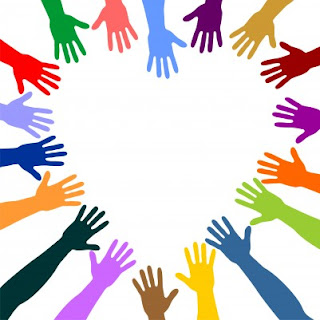According to Caleb Laieski, Human being is born free and no sooner they come out of their mothers’ wombs, then there is 30 basic right, which gives them the privilege to live a life in their own and free manner. These laws are implemented by the worldwide organization which seeks that every individual that has taken birth could live life without any kind of torture, slavery, pressure and any other sexual abuse. That could lead once a life to disaster or evening sometimes resulting as worse as death.
As all are a creation of God, no matter rich or poor, of high society or a garbage picker, of any caste or creed, it doesn’t mean that you could impose your power of status and could force your expectation could be carried out only. Even further aspects of public safety to human from the human brutal deed that could eventually lead to human life havoc, are being considered day to day. Such that each and every kind of discrimination could be avoided that are practiced by human beings itself in the name of various aspects such as caste, religion, sex, marital status and on people with physical deformities.
Especially, Caleb Laieski emphasizes in the case of LGBT where you could find a various negative, thoughts, comments, and hatred apart, they are also a human being and the creation of God and had equal rights. And, also you can find the specific role of them in our society as well as different holy books of various religions. More often according to the different society and land boundaries, the perception and the mentality changes each time, which it’s related to LGBT right and even the jurisdiction also varies from time to time and from places to places.
Any kind of discrimination that is carried out in a society or nation that is related to gender identity, which everyone has their own either male or female that could affect everyone. In many countries, the government itself tries to refuse and ignore the cases that are related to violence on LGBT people and many a time such abuses are carried out by state authorizes no matter any sanction of any legal notice. Under article 16 (UDHR) universal declaration of human rights of each and every human being either male or female have the right to marry and find, a family of their own choice. Thus, if you are surrounded by any such kind of hideous deed or any kind of discrimination on minors or LGBT people, then you can raise your voice to help of Caleb Laieski to get public safety and right authorities look after these matters seriously.










